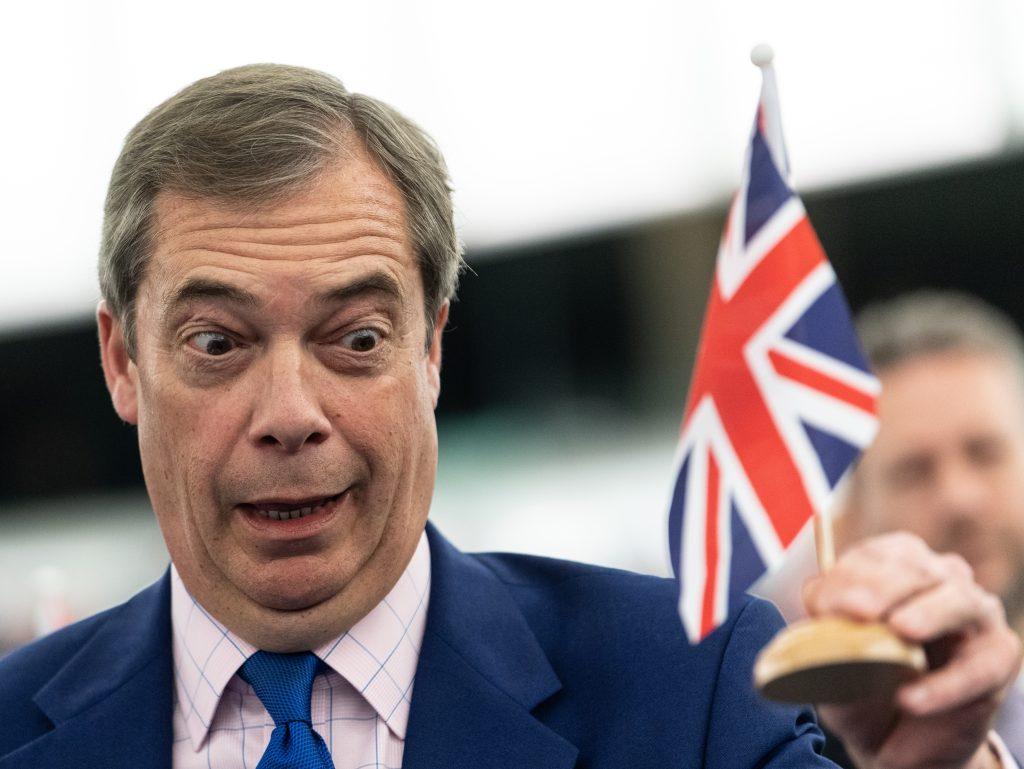The Political Journey of Nigel Farage

Introduction
Nigel Farage, a prominent British politician and former leader of the UK Independence Party (UKIP), has significantly influenced British politics, particularly in the context of Brexit. His advocacy for the UK’s departure from the European Union resonated with many voters, making him a central figure in the political landscape of the United Kingdom. Understanding Farage’s impact is crucial to grasping the ongoing discussions about the nation’s future and its relationship with Europe.
Farage’s Political Rise
Farage first entered politics in the late 1990s, co-founding UKIP in 1993. His firm stance against the European Union quickly earned him a following, and in the 2004 European Parliament elections, he won a seat as a Member of the European Parliament (MEP). Over the years, Farage became known for his charismatic speeches, often critiquing EU regulations and advocating for national sovereignty.
Brexit and Its Aftermath
Farage’s political career reached a pinnacle during the 2016 EU referendum when he played a pivotal role in the Leave campaign. His slogan “Take Back Control” encapsulated the sentiments of many who felt the EU bureaucratically overshadowed British governance. Following the successful Leave vote, Farage temporarily stepped back from frontline politics but remained a key commentator on Brexit developments.
Current Developments
Despite stepping away from UKIP leadership in 2016, Farage has remained influential in post-Brexit discussions. In recent months, he has launched the Reform Party, which aims to reshape British politics, focusing on issues such as immigration, social policies, and economic reforms. Although his return to center stage has sparked controversy, evidenced by protests against his appearances, he continues to resonate with a segment of the British population that feels unheard in mainstream politics.
Conclusion
Nigel Farage’s journey showcases the evolving dynamics of British politics in a post-Brexit era. His ability to galvanise supporters and provoke strong reactions reflects the deep divisions within the UK on issues of national identity and governance. As the political landscape continues to change, Farage’s future contributions will likely shape not only public discourse but also policy decisions moving forward, making it essential for readers to stay informed about his influence in British politics.
